In an attempt to soften the blow of the new, higher annual fees on its suite of co-branded Delta SkyMiles credit cards, American Express recently added a slew of new money-saving perks for cardholders, too.
Like the monthly Uber Cash you get with *amex platinum* and *amex gold*, the *delta skymiles platinum card* and the *delta reserve card* now come with an annual rideshare credit. With each of Delta's top two cards, you get up to $120 in statement credits (doled out in $10 monthly installments) a year when you use your card to pay for a ride with Uber, Lyft, Curb, Revel, or Alto.
That rideshare credit and the new Resy and Delta Stays statement credits you get with these two cards can easily offset what you'll now pay in annual fees each year – so long as you remember to use them.
The Delta card rideshare credit is much more versatile than being limited to only booking Uber rides or ordering Uber eats, but how does it actually work? Let's break it down.
Read next: Thinking About Canceling Your Delta Card? Do This First
How the Delta Rideshare Credit Works
Both Delta Platinum and Reserve cardholders get up to $120 in rideshare credits each year, doled out in monthly installments. That means each month, cardholders can get up to $10 back as a statement credit on any eligible rideshare purchases with Uber, Lyft, Curb, Revel, or Alto.
But there's one critical point about these credits: Unused rideshare credits don't roll over to the next month. This is a use-it-or-lose-it benefit so it's important to ensure you use up these credits in full each month.
Unlike the Uber Cash you get with the non-Delta Amex Platinum or Gold cards where it's automatically loaded onto your account, you have to enroll to earn the rideshare credit.
After you log in to your Amex account, navigate to the Rewards and Benefits tab at the top of the screen and scroll down to enroll in the rideshare credit.
Then use your Delta card when making an eligible transaction with Uber, Lyft, Curb, Revel, or Alto. While Uber and Lyft are practically synonymous with ridesharing, some travelers might be less familiar with the other companies. Alto is a ride-hailing service where drivers are employees of the company rather than contractors, while Curb is a taxi service operating primarily on the East Coast. Revel is an electric vehicle rideshare service operating between the major New York City airports.
After making an eligible transaction, you should receive an email confirmation that you earned the credit, although you may have to wait up to eight weeks for the statement credit to hit your account.
However, we've seen the rideshare credit appear on a statement within two weeks of making a qualifying purchase.
What Purchases Qualify for the Delta Rideshare Credit?
Only rides booked with Uber, Lyft, Curb, Revel, or Alto will earn a statement credit back.
Purchasing Lyft Cash will also trigger the rideshare credit, although you can only purchase Lyft Cash in amounts of either $25, $50, or $100. An Uber Cash transaction, however, will not. That's because Lyft Cash purchases charge to your card as a general Lyft rideshare purchase while Uber Cash does not.
Food and delivery orders through apps like Uber do not qualify for the Delta rideshare credit, nor will gift card purchases, or person-to-person transfers.
Bottom Line
American Express has added a laundry list of new, money-saving perks to its co-branded Delta credit cards, including a $120 rideshare credit on its top two cards – the Delta Platinum and Delta Reserve.
This credit is doled out in $10 monthly installments and could be useful savings on transportation to and from the airport or during your trip, so long as you understand how to use it.
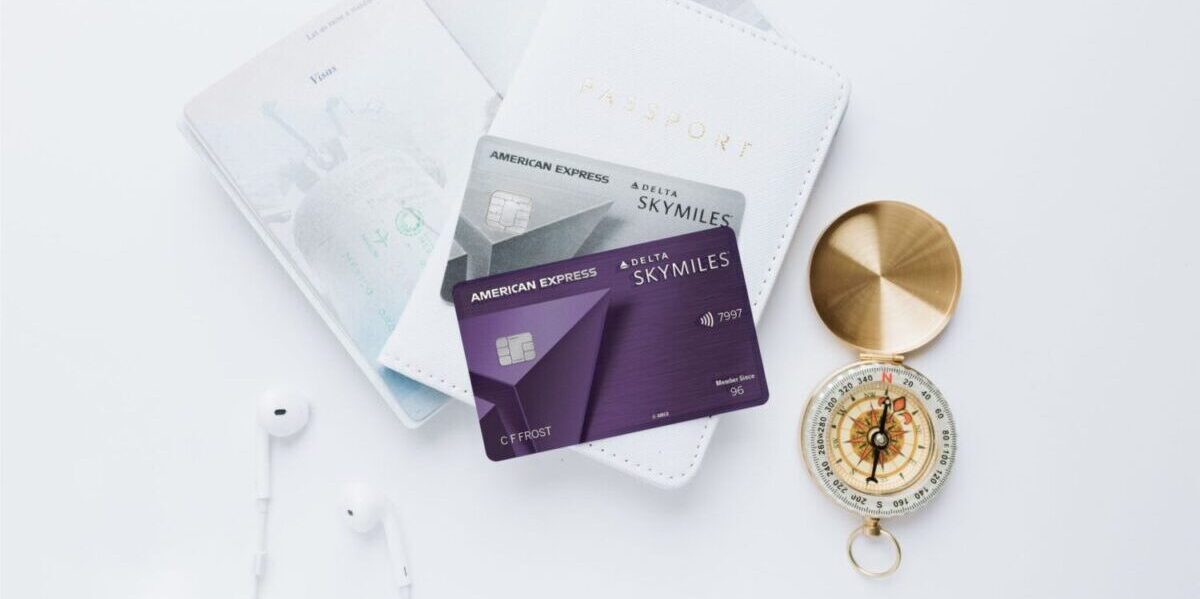
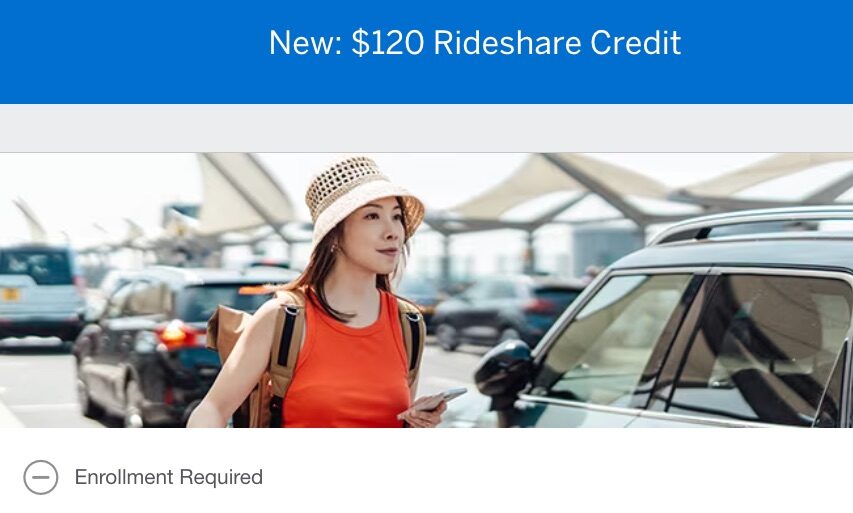


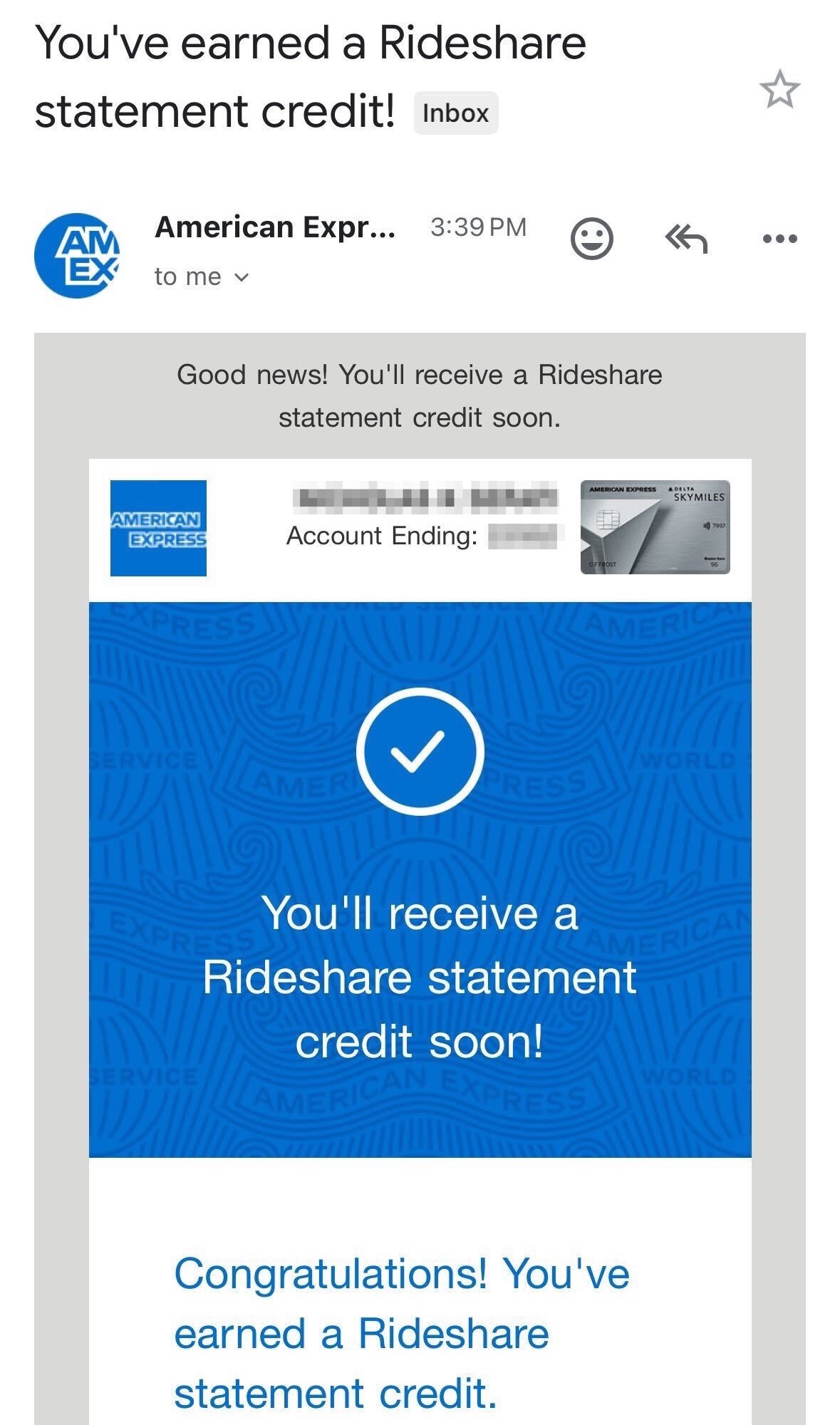

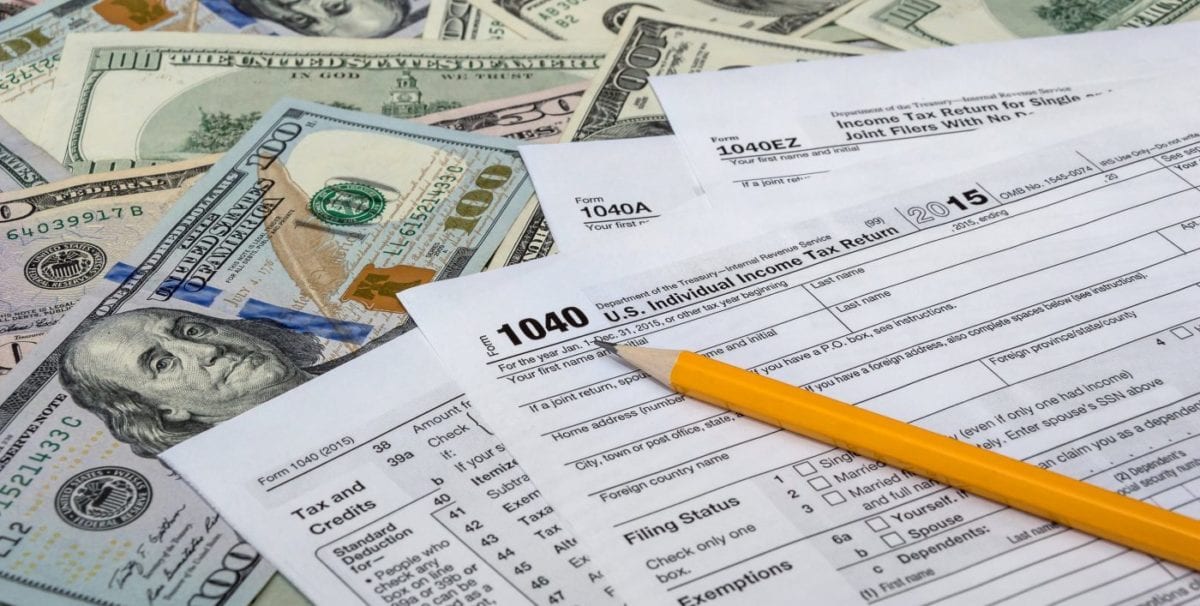
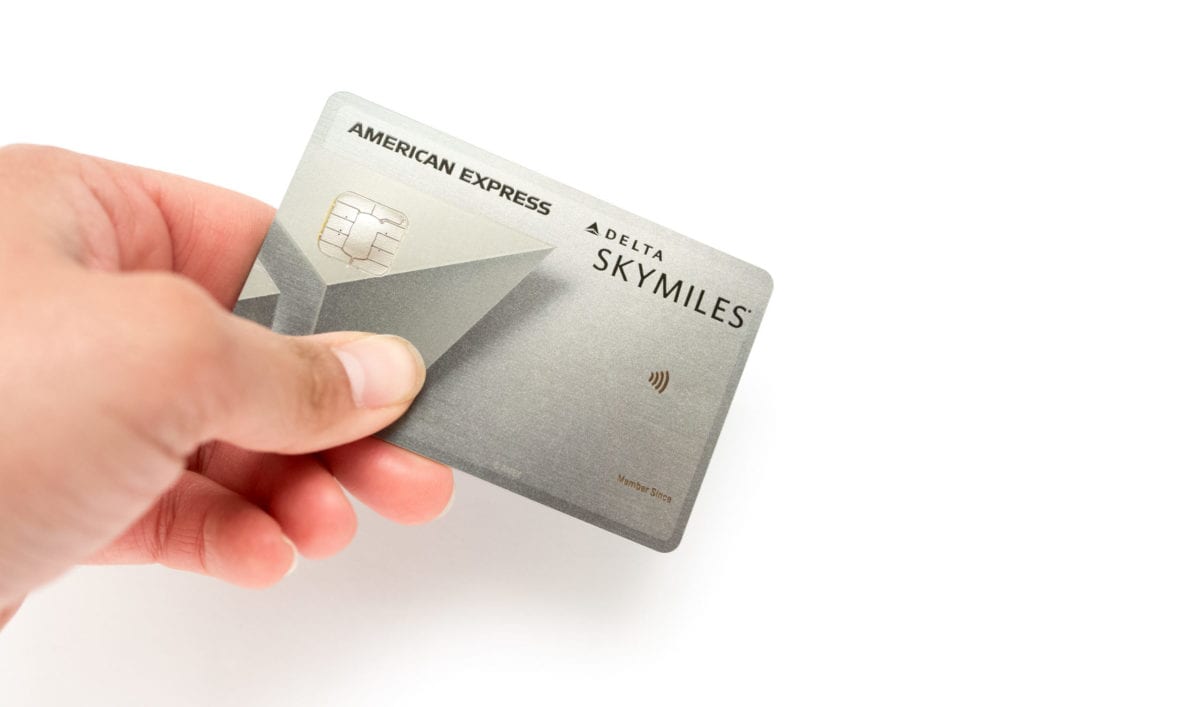
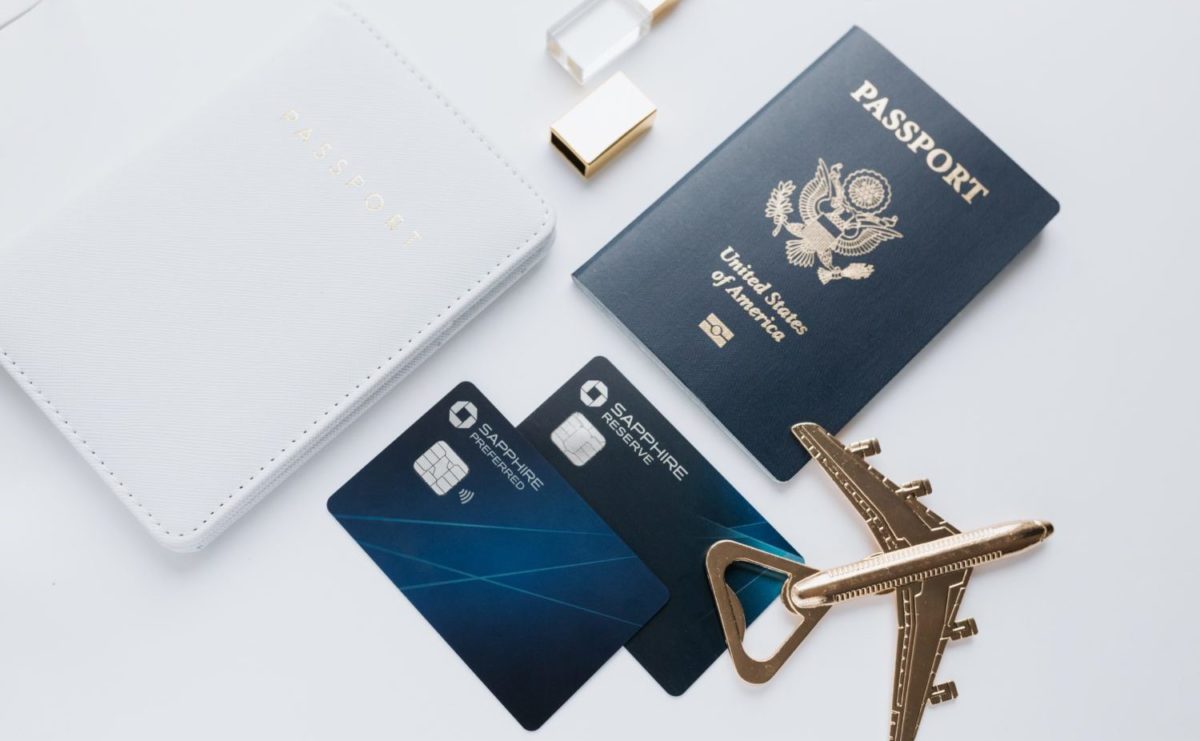
Beginning of article:
“The Delta card rideshare credit is much more versatile than being limited to only booking Uber rides or ordering Uber eats”
End of article:
“Food and delivery orders through apps like Uber do not qualify for the Delta rideshare credit”
So from an Uber perspective it’s not more versatile.